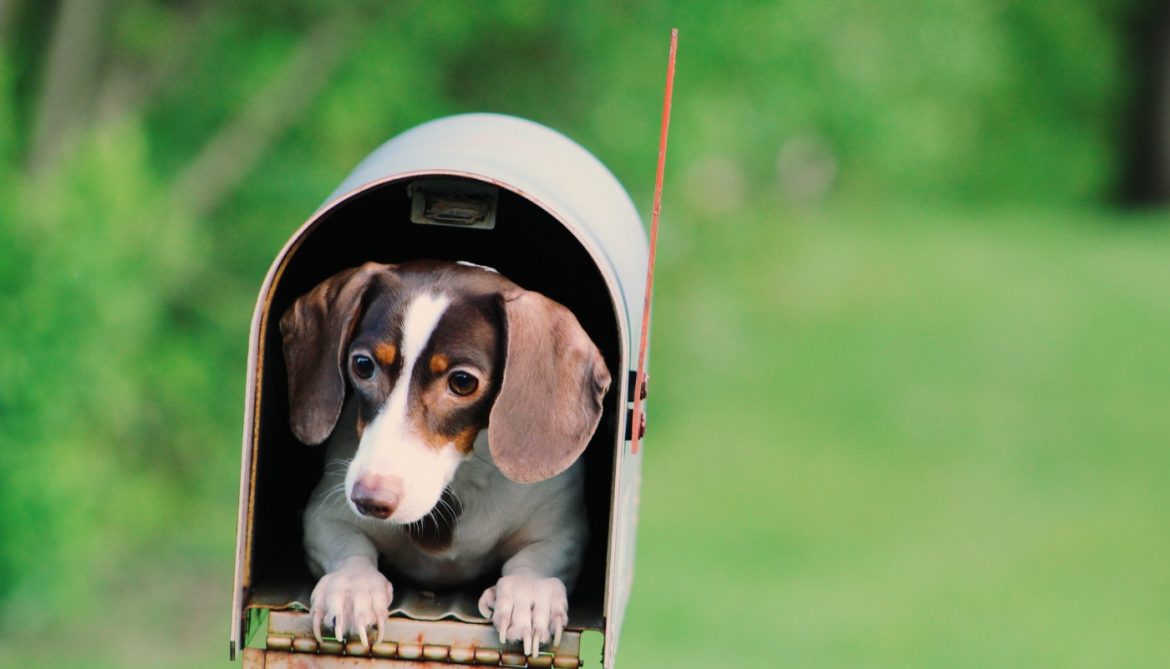Unfortunately, there are times when newborn puppies do not have the luxury of their mother’s care, and have to be reared by hand. This is an extremely difficult and delicate job, as the needs of a newborn puppy is vastly different from those of an adult dog. There are a lot of things to know and remember, and a lot of learning on the go, but here are a few pointers that should get you in the right direction.
First things first
The first thing you need to do when you have an orphaned puppy on your hands is to take it to a vet, to know the approximate age (if you don’t already know it), health status, and to check for any congenital abnormalities.
Keep them warm
Newborns are terrible at regulating their own body temperature, so they need to be kept warm at all times. Remember, if they were with their mom and siblings, they would have had all those bodies to stick to and keep warm, but alone, that’s not the case. Use hot water bottles and heating lamps to keep the little one warm, and monitor the rectal temperature regularly.
Feeding
The first thing you need to do is to make sure the puppy has a suckling reflex. Put your finger near the puppy’s mouth and it should start to suck on it. If it does, no problem, and the pup can be fed with a bottle or a dropper, depending on the size. However, if the puppy is too weak or jus doesn’t show a suckling reflex, it may have to be fed via feeding tube, which needs to be placed by your vet.
Puppies should ideally receive the first batch of mother’s milk (also known as colostrum) within 24 hours of birth, but obviously this can’t be the case here. The best substitute for dog milk would be one of the many milk replacers and newborn feeding solutions, specifically for dogs, available in the market. These are made with newborn puppies in mind and designed to meet the nutrient requirements of the puppy.
The frequency decreases as the puppy gets older, but here’s a rough guide to start off with:
Age. Frequency
Upto one week. Every 2 hours
Second week. Every 3 hours
Third week and above Every 3 hours, don’t feed at night
(Source: Canine reproduction: Theory and Practice (Dr. P. Sridevi)
Once the puppy is a month old, you can switch to puppy food, diluted in water, and feed them about four or five times a day.
Signs that something is wrong
Puppies should become increasingly active as they grow older, so dullness, failing to nurse/eat, diarrhoea, too high or too low temperature are all signs that the pup needs a vet immediately.
Deworming and vaccination
Since orphaned puppies lack immunity from their mother’s milk, it’s all the more important to give them as much protection as possible to give them the best chance at life possible. Deworming needs to start as early as one week of age, so contact your veterinarian for an appropriate dewormer, and get a vaccination schedule in place for the puppy.
Raising orphaned puppies is a difficult, exhausting and extremely rewarding job, and hope this points you in the right path on how to go about it!
,

